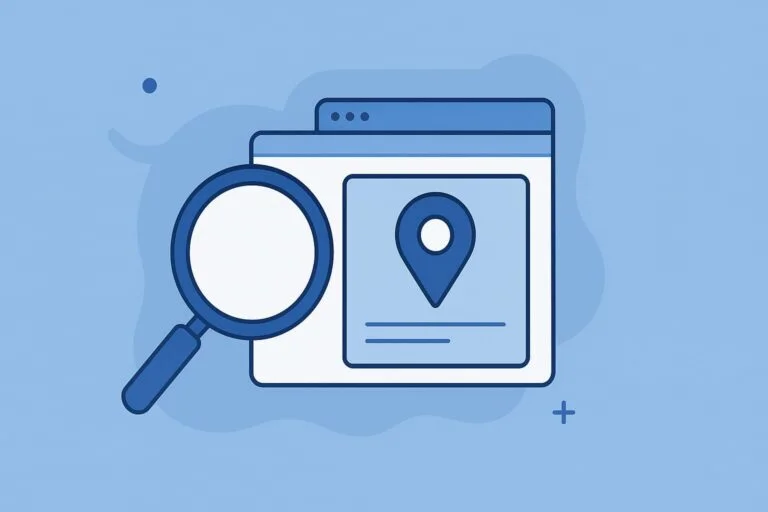Step-by-Step Guide How Online Directories Improve Local SEO Rankings

Are you ready to know about of how online directories improve local SEO rankings?
Online directories improve your local SEO rankings by boosting visibility, strengthening credibility, and generating backlinks that search engines trust. When you list your business in reputable directories like Google Business Profile, Yelp, and Apple Maps, you increase your chances of ranking in Google’s Local Pack and driving customers directly to your door. This guide shows you, step by step, how to leverage directories to dominate local search results.
Table of Contents
Why Online Directories Matter for Local SEO
Search engines rely on business listings, also called citations, to validate that your company exists, operates locally, and serves specific customers. Accurate and consistent listings tell Google you’re a trustworthy business. Inconsistent or missing directory information does the opposite—it confuses search engines and makes you less visible.
- Directories strengthen your digital footprint.
- Listings increase referral traffic and backlinks.
- Reviews on directories build authority and customer trust.
Real-World Data That Proves the Power of Directories
- 93% of businesses with optimized directory listings improve their visibility.
- Consistent NAP (Name, Address, Phone) details increase rankings by 20%.
- Businesses with photos in their Google Business Profile attract 7× more clicks.
- 76% of local searchers visit a business within 24 hours.
- 84% of customers trust business directories as much as personal recommendations.
(Source: SEMRush, BrightLocal)
Step-by-Step Guide to Boosting Local SEO with Directories
Step 1: Identify Relevant Directories
Start with Google Business Profile, Yelp, Bing Places, Apple Maps, and your local Chamber of Commerce. Then add niche directories in your industry. For example, lawyers list on Avvo, restaurants on OpenTable, and doctors on Healthgrades.
Step 2: Keep NAP Consistent
Use the same Name, Address, and Phone Number everywhere. Even small differences (e.g., “St.” vs. “Street”) can hurt rankings.
Step 3: Optimize Every Listing
Fill out every field—business description, hours, services, categories, and photos. Complete listings outperform partial ones.
Step 4: Build Backlinks Through Directories
Many directories allow you to link back to your website. These backlinks add domain authority and improve organic rankings.
Step 5: Get and Manage Reviews
Reviews help directories rank your business higher. Encourage happy customers to leave reviews, and always respond to them.
Step 6: Audit Your Listings Regularly
Use tools like Semrush Listing Management or Moz Local to find errors, duplicates, or missing listings. Fix them quickly to maintain trust with both Google and your customers.
Expert Quotes
“Directories done right are more reliable than many search results because humans often verify them.” — Matt Hodgson, Addme SEO
“Law firms see 30–40% more visibility in Google’s Local Pack with consistent directory listings.” — Justia Legal Marketing
“84% of consumers trust online directories when choosing local services.” — BrightLocal Survey
Conclusion: Take Action Today
Online directories act as fuel for your local SEO engine. By keeping your NAP consistent, optimizing every listing, building backlinks, and engaging with reviews, you position your business for long-term local search success.
👉 Your Next Step: Claim your Google Business Profile today, then expand to Yelp, Bing Places, and niche directories. Within weeks, you’ll notice more visibility, more clicks, and more customers walking through your door.
FAQs
Do directory backlinks still matter in 2025?
Yes. Quality directory backlinks still add authority, but focus on niche or high-authority sites instead of mass submissions.
Are free directories enough, or should I pay?
Free directories like GBP and Yelp deliver huge value. Paid directories can help in competitive industries (e.g., lawyers on Avvo).
Which directories bring the most traffic?
Google Business Profile leads the way, followed by Yelp, Apple Maps, Bing, and niche directories in your industry.
